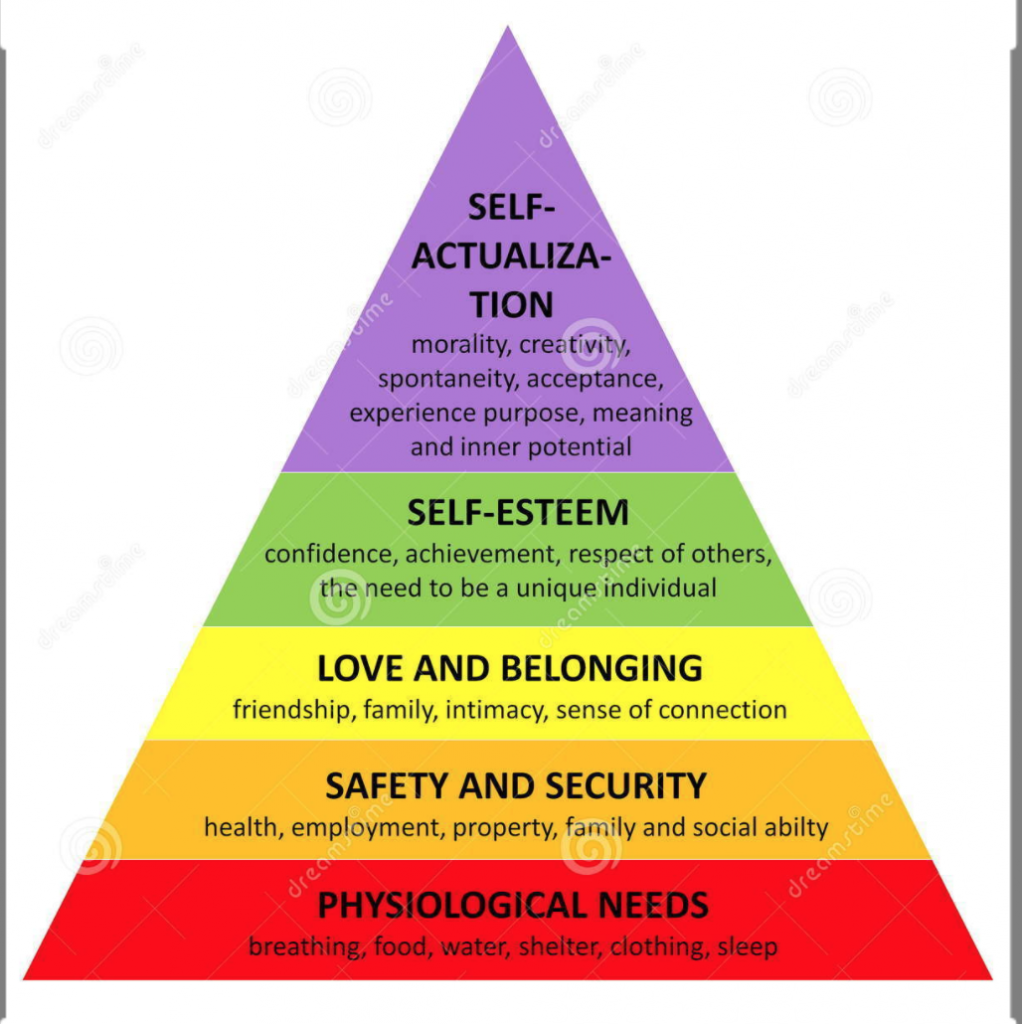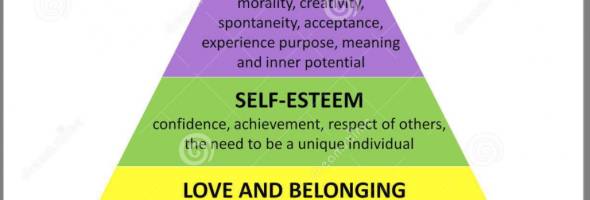Abraham Maslow stood apart from his contemporaries because he studied health instead of disease. Whereas most psychologists of his day were studying the pathologies which kept men from a life of normalcy and success, Maslow studied the successful to see what made them tick. In doing so, he was able to map out an escalation of human desires that he called the Hierarchy of Needs. First among them are the physiological needs of breathing, food, water, and shelter.

In order for a person to grow as an individual, to think outside of himself as to how he can serve the world, fill a need, or even belong to a relationship, he must first reckon with the fact that he is a biological creature. As such, he needs to eat and drink water. He needs to have shelter from the elements. And he needs to be able to rest from whatever stress his body has encountered while making provisions for such things.
Unfortunately, although our civilization has grown by leaps and bounds in technological achievements and procured for ourselves a true predilection toward the finer things in life, we have also vastly increased the percentage of people who spend a great part of their daily energy simply striving to meet the most basic needs. Although our wealth as a whole has seemingly exploded, so has our capacity to experience poverty. As advanced as we seem to have become as a species, the majority of us still find ourselves in a race for our survival.
What would it take to produce a society in which everyone has their safety, health, and security needs met? Certainly, we have the capabilities since we have several empty houses for every single homeless person and throw away forty percent of the food we grow every year. What if we were able to manage our resources better so everyone would be able to eat and have a place to rest?
Granted, it would be more difficult to coerce people into taking the unnecessary jobs we’ve become so reliant upon. If we can no longer hold their survival over their heads, it may be more difficult to force them to produce single use products that quickly become garbage or to manufacture a variety of the toxic materials and pollution that we produce today, but that might not necessarily be a bad thing. While I recognize that we may not be able to generate profits for the current wealth holders and keep them from getting their hands dirty, not forcing people to produce garbage and pollution while empowering them to stay home with their kids and pursue their passions could actually be a good thing.
Perhaps if we create a society in which all of these needs are met, we may help more people address their needs of love and belongingness.

